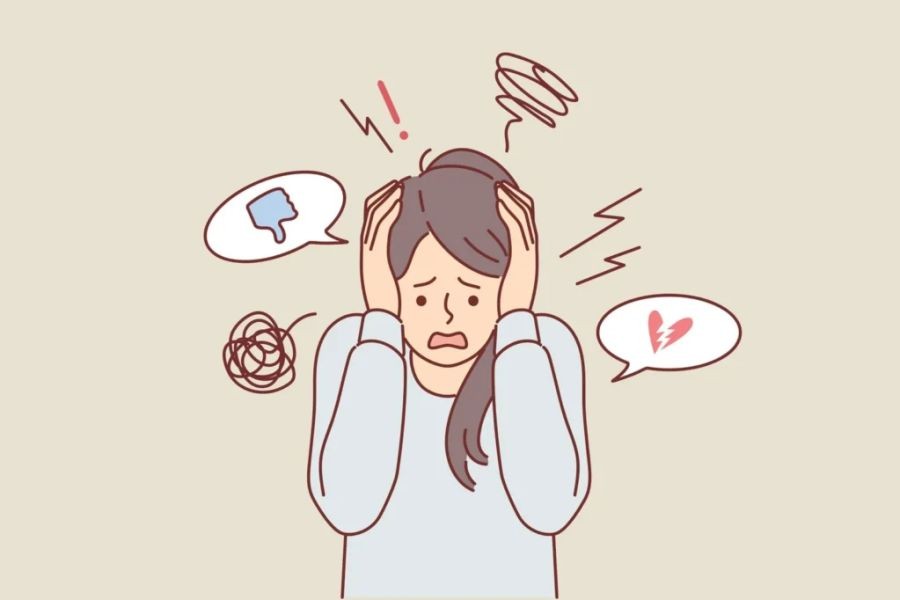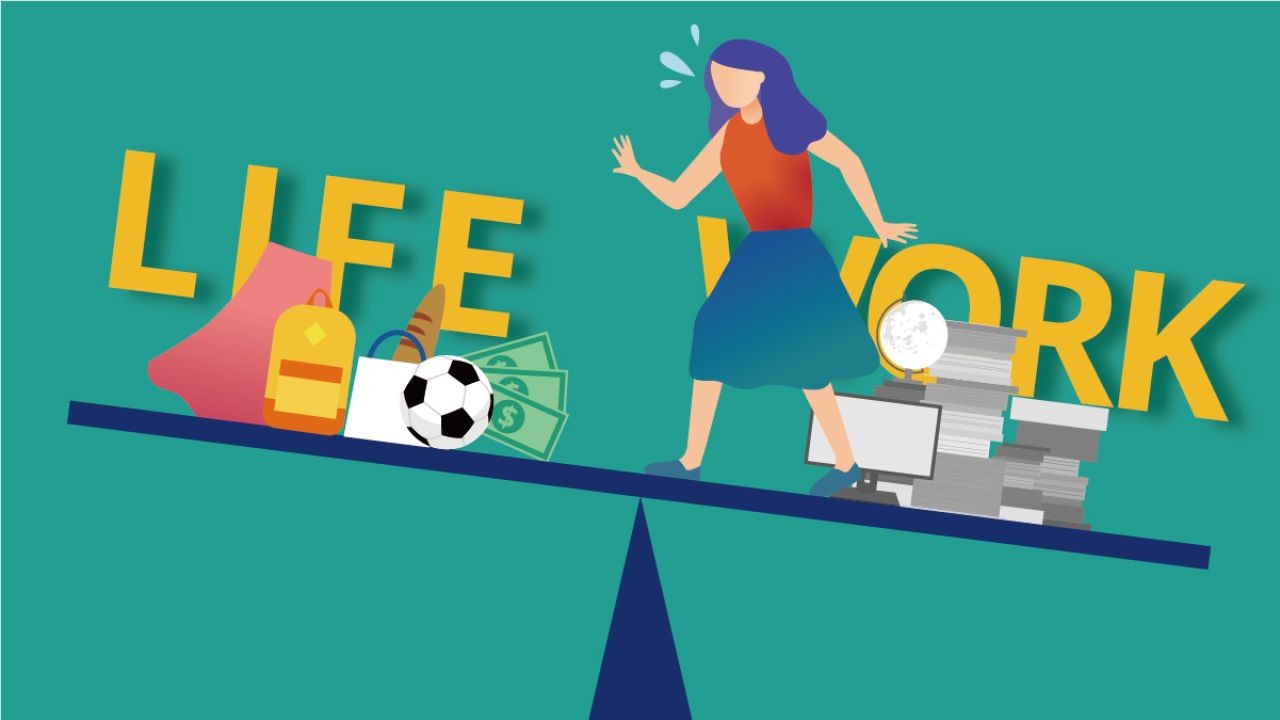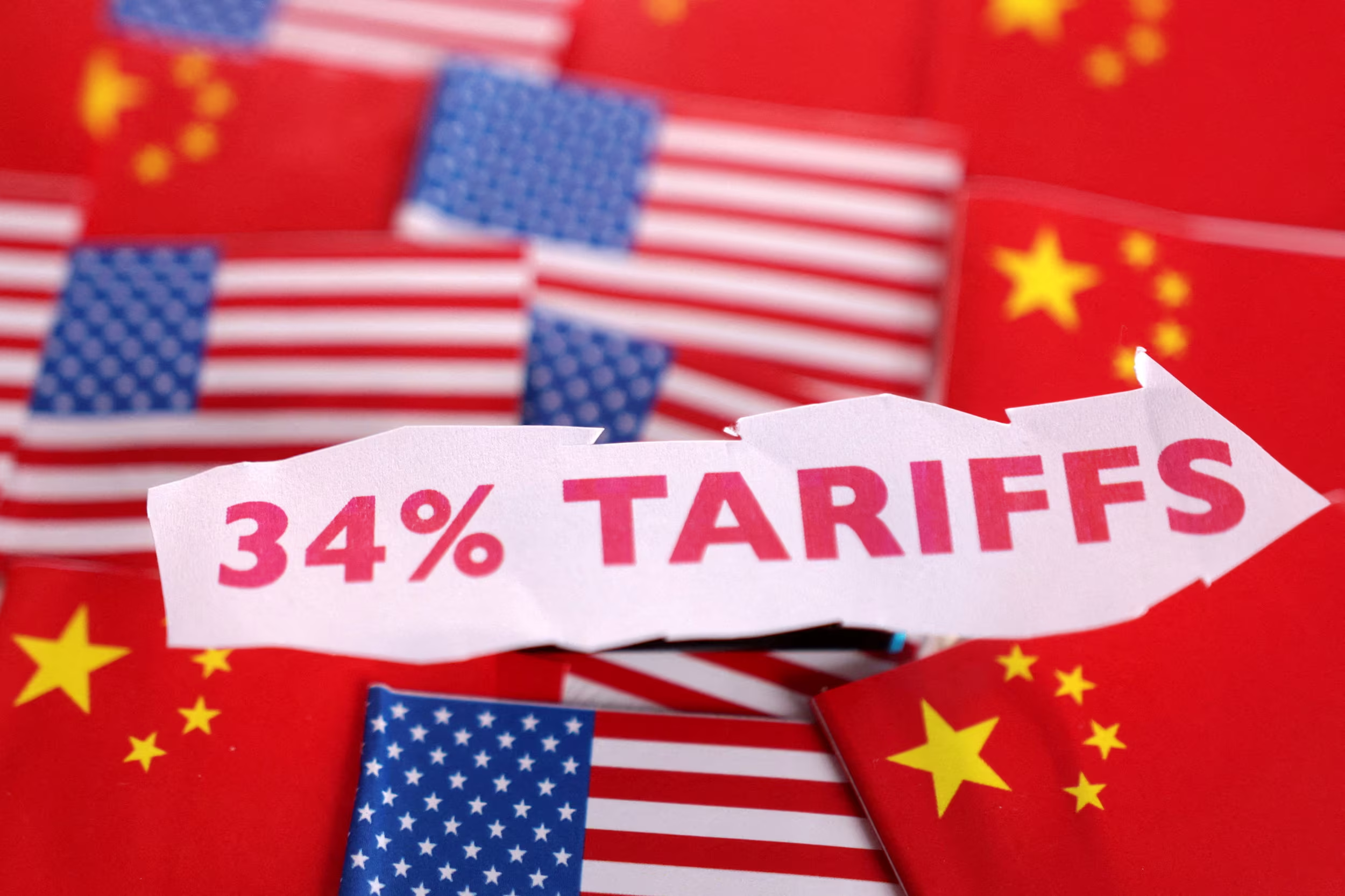In recent years, the concept of hustle culture has permeated through the entrepreneurial landscape, offering a lifestyle that glorifies long hours and relentless effort. While this approach aims to maximize productivity and success, it is increasingly showing its darker side, particularly among Australian entrepreneurs. Despite being celebrated as a badge of honor, hustle culture may be more detrimental than beneficial, leading to burnout, poor mental health, and ultimately, entrepreneurial failure.
The Rise and Impact of Hustle Culture in Australia
Australia, with its vibrant startup ecosystem and robust economy, has embraced entrepreneurial ventures at an unprecedented rate. According to the Australian Bureau of Statistics, there were over 2.4 million actively trading businesses in 2022, with a significant portion categorized as startups. However, the push for constant growth and productivity has resulted in a culture that often prioritizes work over wellbeing.
Hustle culture is a term often used to describe a work environment that glorifies long hours and constant productivity. In Australia, this culture is fueled by a competitive business environment and the rapid growth of sectors like technology and finance. Despite its popularity, there is growing evidence that hustle culture may be causing more harm than good.
The Economic Pressures and Entrepreneurial Strain
The Australian economy presents both opportunities and challenges for entrepreneurs. On one hand, the nation enjoys a strong economic position, with a GDP growth rate of 3.8% in Q2 2024, driven largely by advancements in technology and mining sectors. On the other hand, the pressure to maintain this economic momentum often leads entrepreneurs to adopt unsustainable work practices.
Data from the Reserve Bank of Australia indicates that small businesses contribute significantly to the nation's economy, yet they also face higher risks of failure due to financial pressures and market competition. The allure of hustle culture exacerbates these risks by encouraging entrepreneurs to overextend themselves, leading to burnout and diminished productivity over time.
Case Study: The Tech Startup Struggle
Problem:
In Sydney, a tech startup specializing in AI-driven solutions faced intense pressure to scale quickly. The founders, driven by the hustle culture mantra, worked excessively long hours, believing this would ensure their success. However, the constant grind led to fatigue and poor decision-making, ultimately stalling their growth.
Action:
Recognizing the unsustainable nature of their work habits, the startup turned to a balanced approach, incorporating regular breaks and a structured work schedule. They also implemented mental health support systems, emphasizing the importance of employee wellbeing.
Result:
Within six months, the company saw a 30% increase in productivity, with employee satisfaction scores rising significantly. The founders realized that sustainable growth required a healthy work-life balance rather than relentless hustle.
Takeaway:
This case underscores the importance of prioritizing mental health and balanced work practices. Australian startups can enhance productivity and sustainability by moving away from hustle culture and fostering a healthier work environment.
Myths About Hustle Culture Debunked
- Myth: "Working longer hours equals more success." Reality: Data shows that working more than 50 hours a week often leads to decreased productivity and increased burnout.
- Myth: "Hustle culture is necessary for startup success." Reality: Many successful startups thrive on innovation and efficiency, not just long hours.
- Myth: "All entrepreneurs thrive in a hustle environment." Reality: Individual productivity varies, and pushing beyond personal limits can lead to mental health issues.
The Regulatory Perspective
In addressing the challenges posed by hustle culture, regulatory bodies like the Australian Competition & Consumer Commission (ACCC) and the Australian Prudential Regulation Authority (APRA) play a crucial role. These organizations emphasize the importance of fair work practices and advocate for policies that balance economic growth with employee welfare.
The Australian government has also initiated programs aimed at supporting entrepreneurs without over-reliance on hustle culture. For instance, grants and incentives for innovation encourage sustainable business practices over sheer output.
Pros vs. Cons of Hustle Culture
Pros:
- Increased Short-Term Productivity: Hustle culture can lead to immediate gains in output and performance.
- Motivation and Ambition: It fosters a competitive spirit and drives individuals to achieve their goals.
Cons:
- Burnout and Mental Health Issues: Prolonged exposure to hustle culture leads to stress and exhaustion.
- Unsustainable Growth: Businesses can suffer from lack of innovation and employee turnover.
Future Trends and Predictions
As awareness of the negative impacts of hustle culture grows, there is a shift towards more sustainable business models. By 2028, it is predicted that a significant portion of Australian startups will adopt flexible work policies, focusing on productivity over hours worked. This trend aligns with global movements towards work-life balance and employee wellbeing.
Conclusion
Hustle culture, while celebrated for its drive and ambition, poses significant risks to Australian entrepreneurs. By recognizing the dangers of burnout and adopting sustainable work practices, businesses can thrive without sacrificing the health and wellbeing of their teams. As the business landscape evolves, it is crucial for entrepreneurs to prioritize balanced growth strategies, ensuring long-term success.
Call to Action
What strategies have you implemented to balance productivity and wellbeing in your entrepreneurial journey? Share your insights and join the discussion below!
People Also Ask
- How does hustle culture impact businesses in Australia? Hustle culture can lead to burnout and decreased productivity, affecting long-term business success.
- What are the biggest misconceptions about hustle culture? A common myth is that longer hours lead to success, but research shows efficiency and innovation are more critical.
- What are the best strategies for combating hustle culture? Implementing flexible work hours and prioritizing mental health support are effective strategies.
Related Search Queries
- Effects of hustle culture on mental health
- Australian startup success stories
- Work-life balance strategies for entrepreneurs
- Burnout prevention in startups
- Flexible work policies in Australia






























Abe5093255
27 days ago